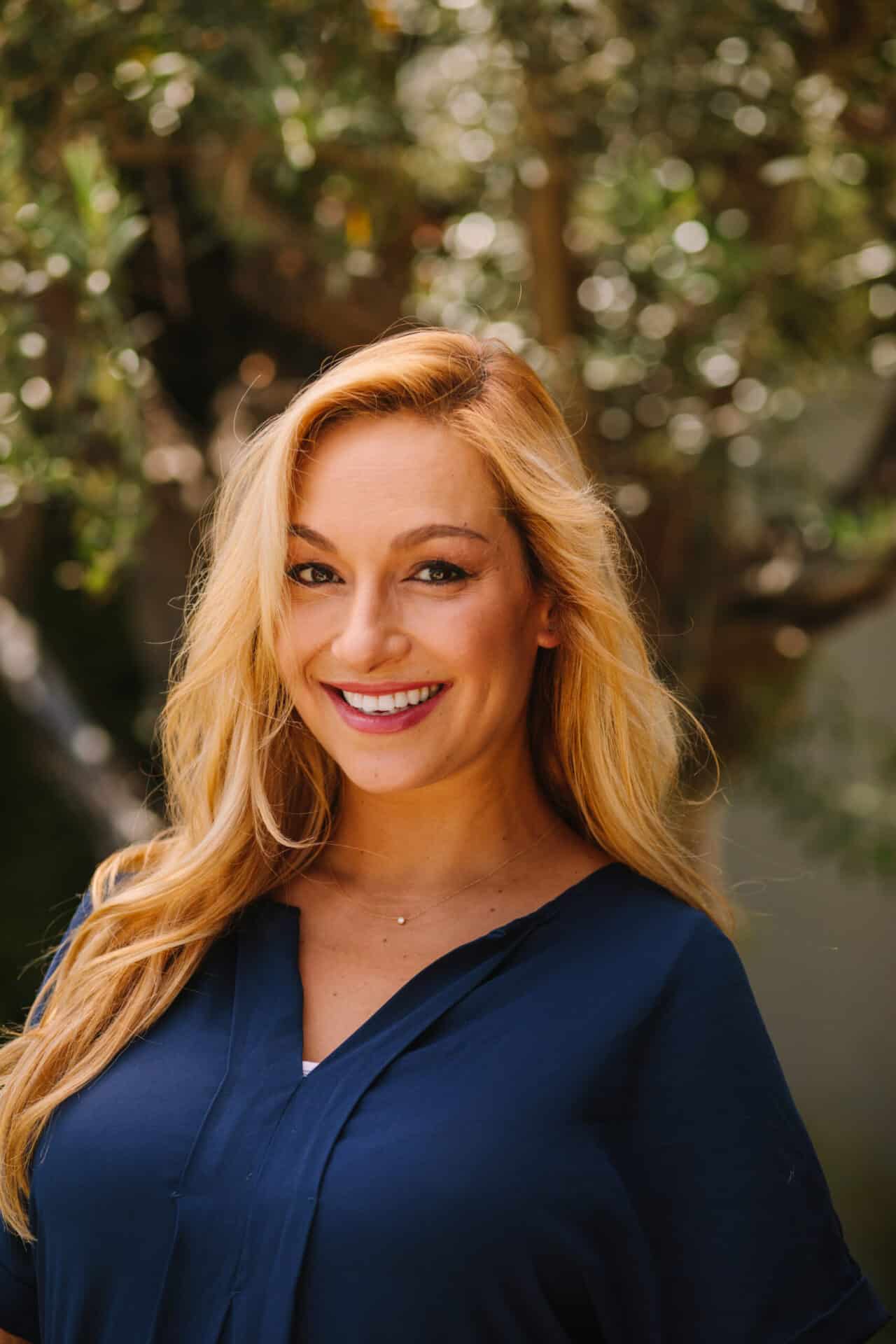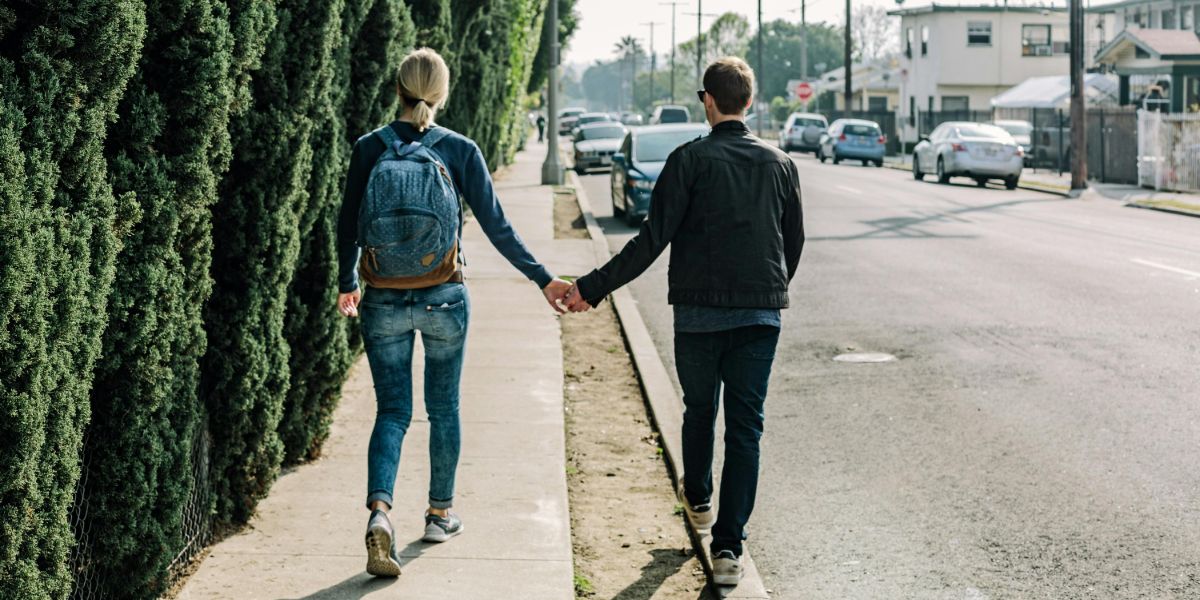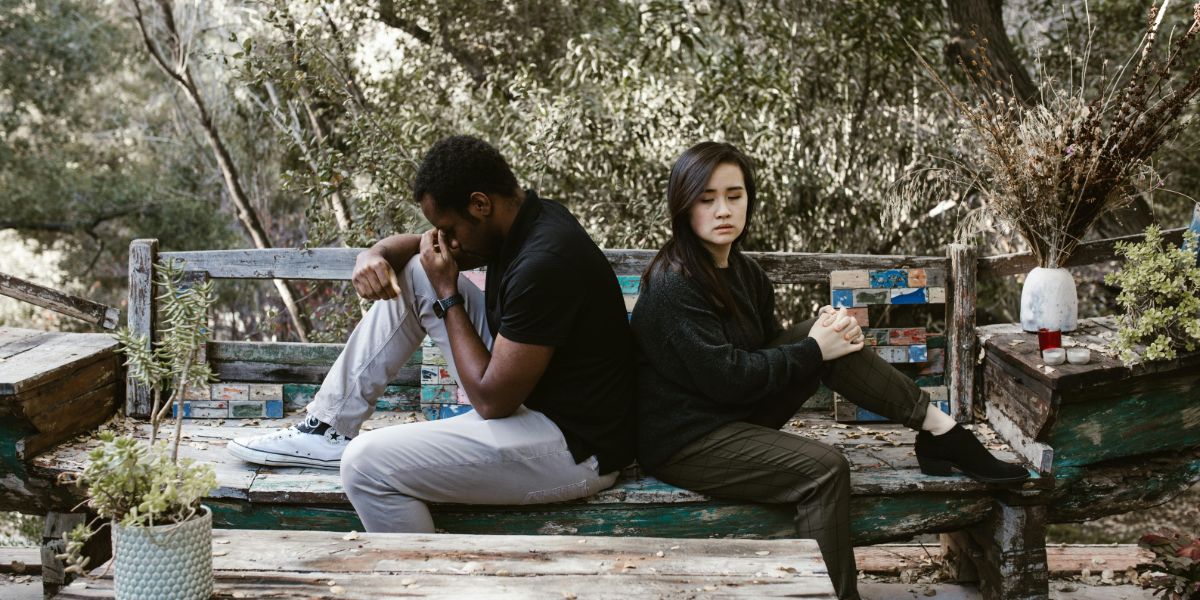How is Trust and Intimacy Rebuilt in Couples Rehab?
A core focus of couples rehab is rebuilding trust that may have been damaged by addiction. This involves practicing honesty and transparency, following through on commitments, acknowledging past hurts, developing healthy boundaries, and reestablishing physical and emotional intimacy at an appropriate pace.
- Practicing honesty and transparency: This is crucial in rebuilding trust that may have been damaged by addiction.
- Following through on commitments: This demonstrates reliability and commitment to the relationship and recovery.
- Acknowledging past hurts: This allows for healing and forgiveness to occur.
- Developing healthy boundaries: This ensures respect and understanding in the relationship.
- Reestablishing physical and emotional intimacy: This should be done at an appropriate pace as trust is rebuilt.
What are the Key Components of Couples Rehab?
Effective couples rehabilitation programs typically include joint therapy sessions, individual counseling, group support, relapse prevention planning, and complementary activities. Partners participate in therapy together to work on relationship dynamics, communication, and mutual support in recovery. Each person also receives individual therapy to address personal issues related to addiction.
- Joint Therapy Sessions: Partners participate in therapy together to work on relationship dynamics, communication, and mutual support in recovery.
- Individual Counseling: Each person also receives individual therapy to address personal issues related to addiction.
- Group Support: Interacting with other couples facing similar challenges provides valuable insights and support.
- Relapse Prevention Planning: Couples work together to identify triggers and develop strategies to maintain sobriety.
- Complementary Activities: Shared experiences like outdoor excursions or mindfulness practices help couples reconnect.
Challenges of Couples Rehabilitation
Couples rehabilitation presents unique challenges, such as balancing the needs of both partners while addressing individual issues. Couples may struggle with enabling behaviors, where one partner unintentionally supports the other’s addiction, and relapse risk can be higher if both are not fully committed to recovery. Additionally, unresolved relationship conflicts can hinder progress, making it crucial for therapy to address underlying dynamics.
- Balancing individual and relationship-focused treatment needs
- Dealing with enabling behaviors that could undermine recovery
- Managing unresolved conflicts that can impede healing
How is a Shared Vision for the Future Created in Couples Rehab?
As couples progress in recovery together, they can begin envisioning and planning for a substance-free future as partners. This may involve setting mutual goals for their relationship and individual growth, exploring shared interests and activities to enjoy together, discussing how to support each other’s ongoing recovery, and planning for potential challenges and how to face them as a team.
- Setting mutual goals: This helps couples align their vision for the future and their recovery journey.
- Exploring shared interests: This helps couples reconnect and find joy in shared activities.
- Discussing ongoing recovery support: This ensures that both partners are committed to each other’s recovery.
- Planning for potential challenges: This prepares couples to face future challenges as a team.
How Does Couples Rehab Contribute to a Stronger Relationship?
By embarking on the journey of rehabilitation together, couples can emerge with a stronger relationship, improved communication, and the tools to build a healthier life in recovery. While the process takes time and effort, many couples find that facing addiction together ultimately brings them closer and creates a more resilient partnership. The benefits of couples rehab can be life-changing.
- Improved communication: Couples rehab helps partners learn effective communication tools, which can improve their relationship long-term.
- Stronger bond: The shared experience of recovery can strengthen the bond between partners.
- Resilient partnership: Facing addiction together can bring couples closer and create a more resilient partnership.
Dr. Brooke Gilbertsen is a licensed clinical psychologist who has been working in the field of mental health since 2011 and specifically co-occurring disorders since 2013. Brooke brings her knowledge, experience, and compassion to support clients and their loved ones on their journey toward recovery, health, and holistic healing. Brooke has experience working with a wide range of diagnoses from severe mental illness and personality disorders to depression and anxiety, and believes the underlying cause must be treated in order for freedom from addiction to occur. Brooke treats the whole person, considering mental health diagnoses, genetics, neuropsychology, the context of the family and environment, social relationships, trauma and loss, vulnerability, shame, and self-worth. Brooke applies a wide range of evidenced-based modalities, incorporating mindfulness, spirituality, and psychodynamic approaches to assist clients in the healing process. Brooke is passionate about helping her patients discover the best version of themselves, with a renewed sense of freedom, purpose, and meaning. The model is to build a life that you want to show up to, and don’t need a vacation from.
Brooke completed her B.A. in Psychology in 2008 from San Diego State University. She obtained her M.A. Degree in Clinical Psychology in 2013 from Argosy University, and received her Doctorate in Psychology in 2016 from The Chicago School of Professional Psychology. She is the author of The Impact of Mindfulness on the Quality of Life of Cancer Patients, published in 2017. Brooke has been the keynote speaker for lectures on addiction, and is passionate about helping others find their way as they take the courageous journey toward self-growth.




